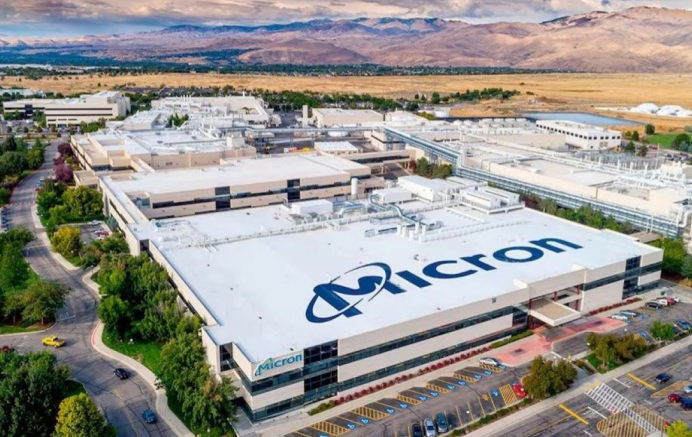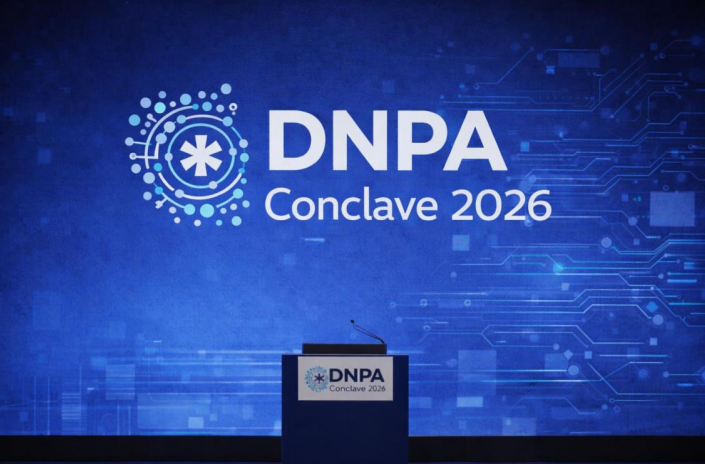Bengaluru Becomes the Launchpad for Rapido’s Food Delivery Foray
Rapido, India’s well-known mobility platform, has officially stepped into the food delivery arena with the launch of its standalone app Ownly. The company has initiated a pilot program in select areas of Bengaluru, including Koramangala, HSR Layout, and BTM Layout.
With this move, Rapido is taking on industry heavyweights Zomato and Swiggy in India’s fast-growing, multibillion-dollar food delivery sector. The launch marks a significant diversification from Rapido’s core bike-taxi and auto-rickshaw services, leveraging its existing user base and delivery fleet to gain an edge in this competitive market.
A Pricing Model Designed to Disrupt
Ownly aims to stand out through an aggressive focus on affordability and pricing transparency—two areas where customers and restaurants have long expressed frustration.
The platform offers lower commission rates than existing market leaders, reportedly charging restaurants between 8% and 15%, compared to the industry norm of 16% to 30%. For deliveries within a four-kilometer radius, restaurants pay a flat fee—₹25 for orders up to ₹400 and ₹50 for larger orders. Initially, Rapido is absorbing this cost for customers to keep prices attractive during the pilot phase.
Unlike many established platforms, Ownly promises no hidden charges—no extra platform fees, inflated menu rates, or packaging surcharges. Menu prices on the app match the in-store rates, ensuring customers pay exactly what they would at the restaurant itself.
Tapping Into Rapido’s Existing Infrastructure
Rapido is betting heavily on its operational strengths to make Ownly a success. With millions of monthly rides and a presence in over 500 cities, the company already has a vast network of riders who can be mobilized for food deliveries.
This infrastructure provides Rapido with a ready-made logistics backbone and allows it to scale faster than most new entrants. If the Bengaluru trial proves successful, the company plans to expand to as many as ten cities within the next year.
Rapido is also prioritizing restaurant partnerships, emphasizing quick onboarding and direct collaboration to avoid the friction that often arises between delivery aggregators and restaurant owners.
The Challenge of Entering a Duopoly
While Ownly’s strategies are designed to shake up the market, breaking into India’s food delivery industry is no easy feat. The sector is dominated by Zomato and Swiggy, which together control the vast majority of orders—fulfilling millions of deliveries each day.
New entrants face steep operational costs, intense competition for customer attention, and thin profit margins. Many previous challengers have failed to gain significant market share, highlighting the uphill battle Rapido faces. Analysts point out that success will require more than just competitive pricing; it will also demand flawless execution, brand trust, and sustained customer engagement.
An Awkward Twist: Swiggy as an Investor
Adding an interesting wrinkle to Rapido’s launch is the fact that Swiggy—one of its main competitors—is also one of its investors, reportedly holding around 12% in Rapido. This stake now represents a direct conflict of interest.
In response, Swiggy is said to be exploring options to exit its investment, removing potential strategic tensions as Rapido’s service expands and begins competing with Swiggy’s core business.
Bengaluru’s Strategic Advantage
Choosing Bengaluru as the testing ground for Ownly is a calculated decision. The city’s tech-savvy population, dense clusters of restaurants, and high order frequency create fertile ground for experimenting with new delivery models.
The pilot will allow Rapido to fine-tune its pricing, logistics, and customer service strategies before attempting a larger rollout. Early adoption patterns in Bengaluru could determine how quickly—and where—Rapido expands Ownly next.
Timing and Execution Key to Success
Although initial plans aimed for a July rollout, delays due to operational adjustments and investor restructuring pushed the launch to August. While the delay may have slowed momentum, it also gave Rapido more time to refine its offering and negotiate partnerships.
Now, the focus will be on ensuring a smooth delivery experience, maintaining competitive prices, and attracting both restaurants and consumers through word-of-mouth and targeted promotions.
The Road Ahead: Disruption or a Tough Ride?
Rapido’s entry into food delivery via Ownly has the potential to introduce much-needed competition into a market largely controlled by two major players. Its transparent pricing, flat delivery fees, and reliance on an established delivery network give it a strong foundation.
However, the challenges are considerable. The Indian food delivery market is one of the toughest to break into, requiring deep pockets, operational precision, and sustained marketing efforts. Customer loyalty is hard to earn, and the existing giants have well-established ecosystems of discounts, subscriptions, and instant delivery promises.
If Rapido can convert its existing mobility customers into food delivery users, maintain restaurant goodwill with lower commissions, and keep costs in check, it could emerge as a credible alternative. But if it struggles to differentiate beyond pricing, the road ahead may be as bumpy as Bengaluru’s monsoon-season traffic.
This launch is not just about delivering food—it’s about testing whether a mobility-first platform can successfully take on India’s most entrenched food delivery giants. The next few months will reveal whether Ownly becomes a permanent part of Rapido’s portfolio or just a short-lived experiment in diversification.










